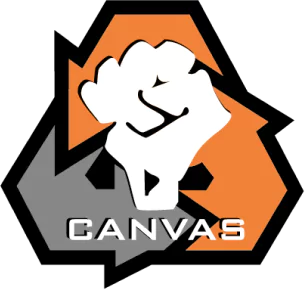Mar 1, 2016-2016
Brazil
“To Pay the Duck”
Share
ACTIVISTS/ACT.GROUPS/DESCRIPTION OF THE GROUP
Supporters of the opposition
TARGET
President Rousseff; Brazilian Gov.
WIDELY HELD BELIEF
If the govt. cannot pull the country out of economic distress, it must step down.
CASE NARRATIVE
Issue and Opponent: In 2016, there had been general dissatisfaction with economic growth in Brazil under President Rousseff’s administration, which had been trying to pull the economy out of one of the country’s deepest recessions. Several grievances stem from the increase in levies and tax burdens placed on citizens throughout the last few years of Rousseff’s administration. It was increasingly the public’s widely held belief that Rousseff should resign or be impeached to turn the economy around and achieve net economic growth once again.
Dilemma Action: In Sao Paulo, a 40-foot inflatable, yellow duck was placed in the financial sector with the words “Enough of paying the Duck” across it. The duck had been utilized by business leaders to mock and shame Rousseff’s economic quackery. In Brazil, the phrase “to pay the duck” refers to unfairly paying for someone else’s mistakes, which in this case pointed toward Rousseff’s inability of pulling the economy out of the recession.
Outcomes: The goal of this action was to hold the Brazilian government accountable for an extensive recession that had not been observed before. The action placed the Brazilian government in a lose-lose scenario, as taking the duck away would have simply drawn more attention to the issue, and simply doing nothing would allow for a conversation to form and expand on said issue. Rousseff was impeached later that year in August for hiding Brazil’s deficit problem in 2014 and issues that included her in the Petrobras scandal, one of Brazil’s largest corruption schemes to be uncovered. Rousseff was not found to be directly involved in the corruption, but as a chairwoman of Petrobras’s board from 2003-2010, the event occurred under her watch bringing into question her judgment and competence.
PRIMARY STRUGGLE/GOAL
NONVIOLENT TACTICS USED
DA TACTICS USED
Slogans/caricatures/symbols
CASE NARRATIVE WRITER
SUCCESS METRICS
9 / 12
(CONC) Concessions were made
(MC) Media Coverage
(MSYMP) Media coverage was sympathetic to the activists
(OR) Opponent response
(PS) Dilemma action built sympathy with the public
(PUN) Punishment favored the activists
(REFR) Dilemma action reframed the narrative of the opponent
(SA) Dilemma action appealed to a broad segment of the public
Laugtivism
PART OF A LARGER CAMPAIGN
3 / 3
Activist group continued working together after the action
Encouraged more participants to join the movement
Internally replicated by the same movement
RESOURCES
Project documentation
Dilemma Actions Coding Guidebook
Case study documentation
Dilemma_Actions_Analysis_Dataset
SOURCES
Embuscado, Rain. 2016. “Dutch Artist Enraged by Brazilian Protesters’ Giant Rubber Duck:
Did the protest movement steal Florentijn Hofman’s design?,” Retrieved July 23, 2023. (https://news.artnet.com/art-world/giant-rubber-duck-brazilian-protesters-463067).
https://www.reuters.com/article/us-brazil-politics-duck/brazils-restive-rich-draft-a-duck-to-protest-president-idUSKCN0WM0F1. Accessed April 15, 2022.
Senra, Ricardo. 2016. “Rubber duck artist’s team alleges plagiarism by Brazil protesters,” BBC News. Retrieved July 23, 2023. (https://www.bbc.com/news/world-latin-america-35931668).
Beauchamp, Zack. 2016. “Dilma Rousseff’s impeachment, explained in 500 words,” Vox. Retrieved July 23, 2023. (https://www.vox.com/2016/4/13/11416578/brazil-petrobras-rousseff-impeachment).
Doce, N. 2016. “Brazil’s restive rich draft a duck to protest president,” Reuters. Retrieved July 23, 2023. (https://www.reuters.com/article/us-brazil-politics-duck-idUSKCN0WM0F1).
Melo, K. 2015. “Giant duck used in campaign again tax rises,” Agência Brasil. Retrieved July 23, 2023. (https://agenciabrasil.ebc.com.br/en/economia/noticia/201500/giant-duck-used-campaign-again-tax-rises).
Related cases
Jan 1, 1600-1600
United States of America
Tribal Iroquois women decided on a Lysistratic non-action (boycotting sex and childbearing) to stop unregulated warfare and to gain more decision-making powers related...
/
Dec 12, 2004-2004
Egypt
By 2000, President Hosni Mubarak had ruled Egypt for 19 years with no intention to cede power. For decades, Egypt had notoriously been an undemocratic state. Mubarak c...
/
Nov 11, 2006-2006
United States of America
In 2006, Jacques Servin and Igor Vamos of the activist duo Yes Men sought to reveal how the free trade policies of the World Trade Organization (WTO) reflected systemi...
/
Subscribe to our newsletters to get full access to all materials on our website.

